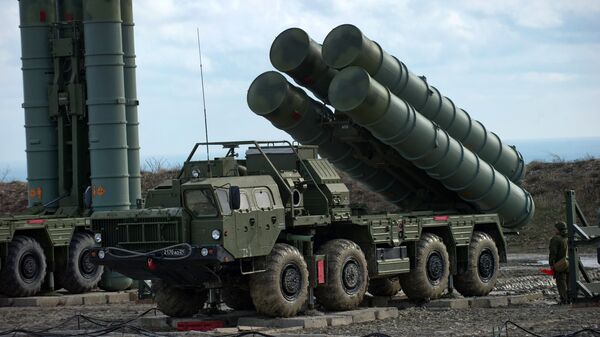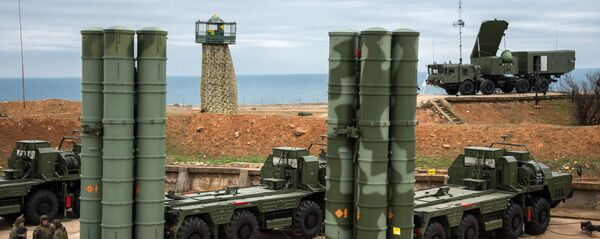According to Thornberry, India’s acquisition of Russian S-400 systems could cost it access to sophisticated US military equipment, including Predator drones for surveillance and reconnaissance missions, which could be used in operations against terrorists in Pakistan.
"The acquisition of this technology will limit, I am afraid, the degree with which the United States will feel comfortable in bringing additional technology into whatever country we are talking about."
Thornberry went on to say that while the US is disappointed with India's new military acquisition from Russia, sanctions were unlikely to be imposed against New Delhi at this stage.
"In the legislation that passed the House just last Thursday, there was additional flexibility in the law for nations that have historical ties and thus Russian equipment. There will be some additional flexibility that will not just be limited to India but there are other countries that fall into that category,” he said.
US Defense Secretary James Mattis earlier this month argued that allies who intended to move away from Russian weaponry, but at the same time needed to agree with Moscow on maintaining their older equipment could be subjected to US sanctions, which would do harm to America itself. For instance, India would immediately be sanctioned for the acquisition of the S-400, made in Russia.
READ MORE: Ankara Renews Vow to Counter Possible Non-Delivery of F-35s Over S-400 Purchase
In April, deputy director of the Federal Service for Military-Technical Cooperation (FSMTC) of Russia Vladimir Drozhzhov said that Moscow hopes the S-400 deal with India will be finalized by the second quarter of this year.
India is not the only US partner considering buying Russia’s S-400 air defense systems; in December, Russia and Turkey signed a loan agreement to supply S-400s to Ankara. But in late April, the Assistant Secretary of State, Wess Mitchell, told the House Foreign Affairs Committee that Turkey could face US sanctions if it goes ahead with plans to acquire Russian missile defense systems and that it could also affect the US-Turkey deal on the supplies of F-35 stealth fighter jets to Ankara.
READ MORE: Pentagon Finds Way to Bypass US Anti-Russia Sanctions – Reports
Reacting to the remarks, Turkish Foreign Minsiter Mevlut Cavusoglu stressed that Ankara does not accept the language of sanctions in the discussion of S-400 deliveries with its NATO allies, while President Recep Tayyip Erdogan said that “the S-400 deal is made, and this matter is closed.”




